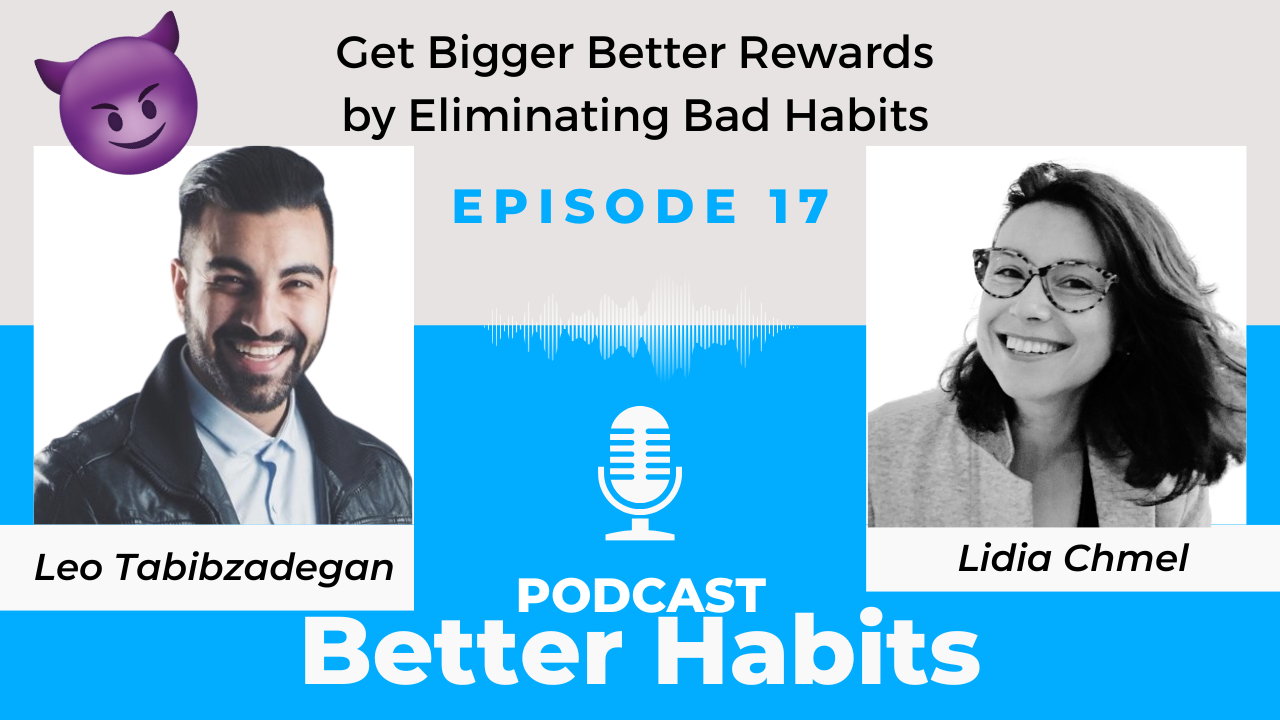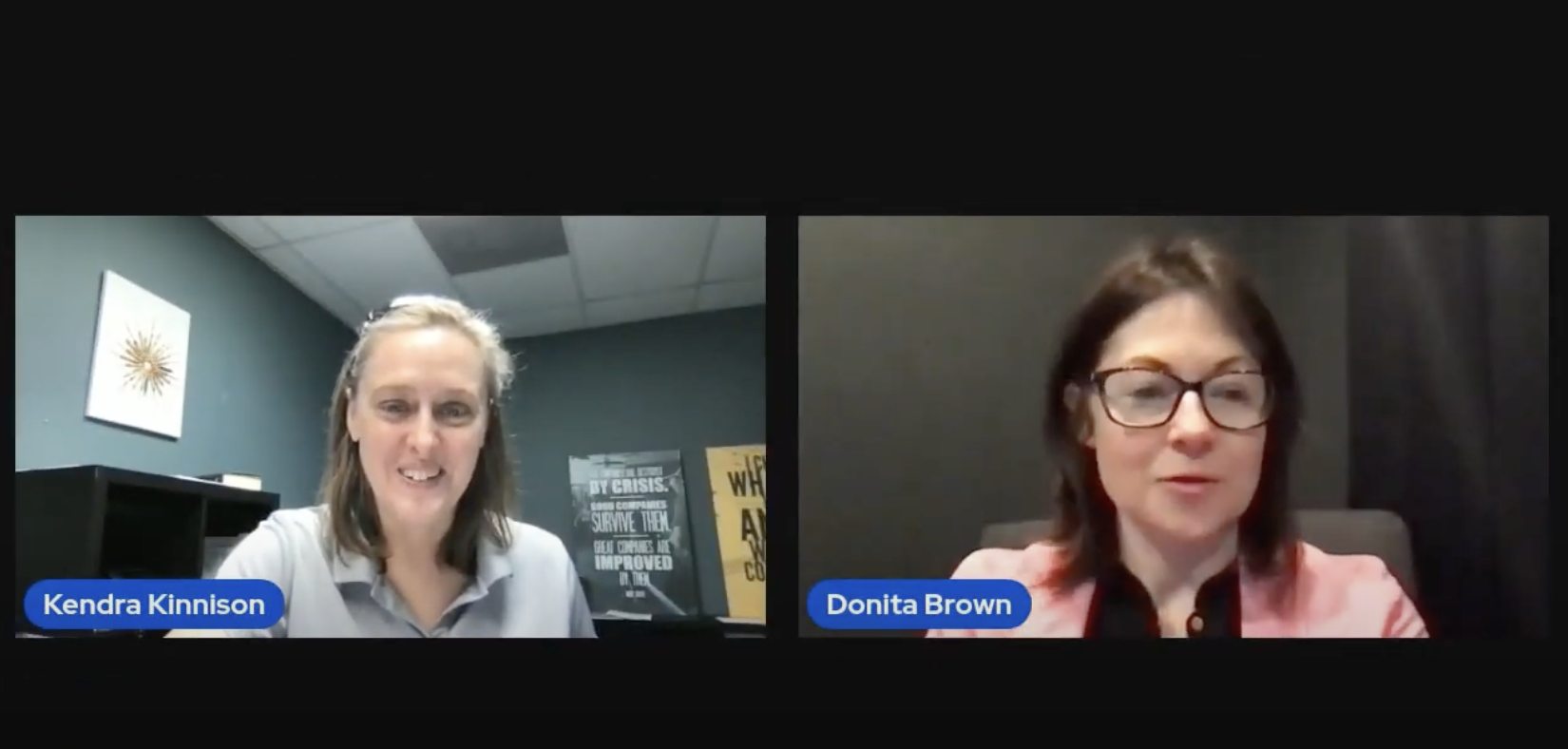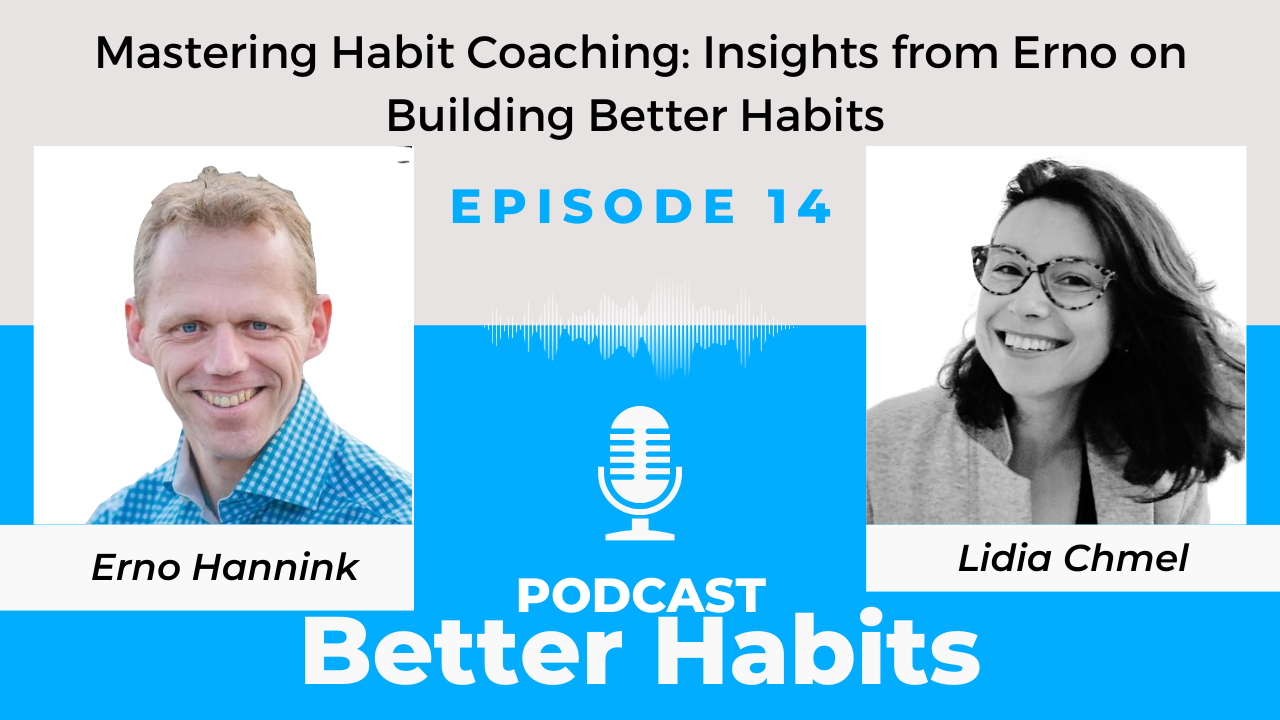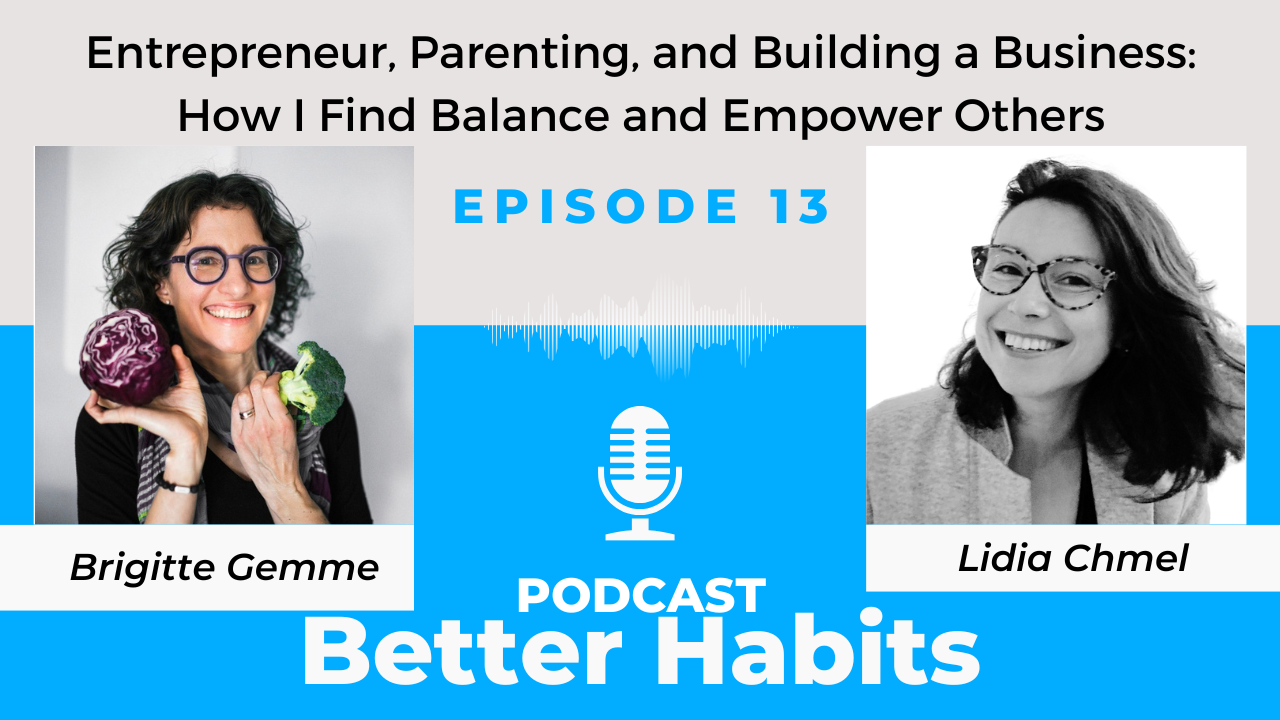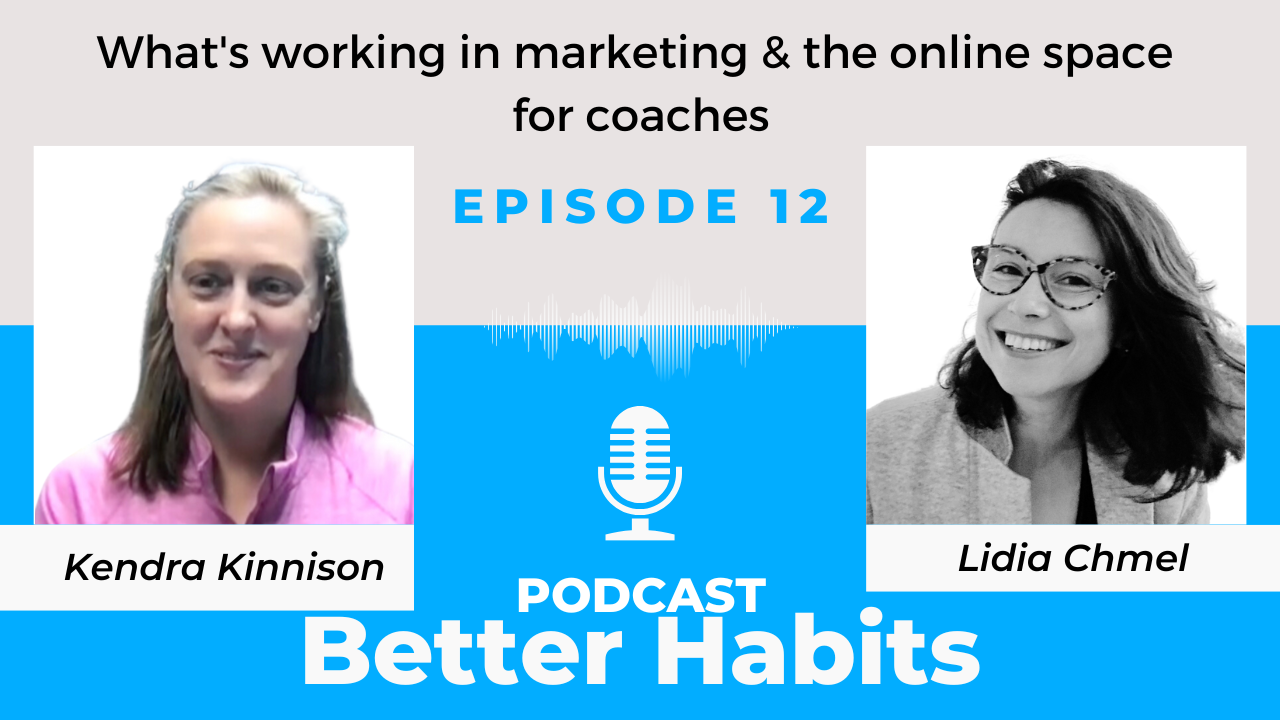Many coaches offer a free trial or a free consultation to help potential clients figure out if coaching is a good fit for them. Our community is unique in that so many coaches are offering coaching over messaging, which we refer to as “chat-based.” This format is good for free trials because the overhead for you as a coach is not as high as meeting in person or over a phone/video call. But free consultations over phone or video are also very common.
Although we’re saying “free” here, it’s also very common for coaches to charge a nominal fee from $1 to $20 in order to ensure that a client is serious. If you are allowing open signups from anyone on the internet, a nominal fee like this is a good idea.
We surveyed coaches to learn more about how they use free trial periods or consultations to expand their coaching business. Here’s what we found.
80% of coaches who responded currently offer a free trial. That’s how common this tactic is.
What to offer
Out of those who do offer free trials, 70% offer a free call to talk with the client directly. 46% offer a 7-day free trial for chat-based, and 31% offer a 14-day trial for chat-based.
Experienced habit coaches seem to find that shorter trials are more effective—this makes sense because a key factor in successful habit building is to get momentum quickly.
Top habit coach Coach Kendra Kinnison noted that she finds a shorter trial period to be more effective for the client: “Shorter seems to accelerate the learning and assessment for fit. If they’re not committed, longer didn’t seem to help much with that aspect. I try to get folks to commit to a small daily action and get started with it.”
Two chat-based coaches mentioned offering 14-day trials over 7-day trials because they felt that clients were more likely to convert to paid clients. Increasing the trial period might make an interesting experiment if you’re finding that clients aren’t converting to your paid plans.
For coaches who offer calls, the ideal length of the call can vary considerably. Coach Karine Galland noted “I found out that a 20-min call is more efficient than a 30-min for me. More energy, enough time to identify the client’s motivation.”
However, shorter isn’t always better—it seems to depend on the kind of coaching being offered. Coach Nathan Sudds offer a complementary insight:
“I have been doing 30, 60, and 90-minute calls—but I often leave room to go longer if we haven’t reached that moment where it’s clear one way or the other if it’s a good fit or we have something to work on together. If you set up 30-minute intro calls, block off the next 30 so you can be generous and focused if that person needs more time to find that “aha!” moment where they see you can help them.“It may not seem sustainable, but I think we also can treat intro calls as a learning and proving ground as a coach, part of our “10,000 hours” that will make us better coaches. I’m happy to walk away at the end of an intro call knowing I invested in them even if they don’t sign up with me, and sometimes I even might tell a client, they don’t need anything beyond that call (or they might realize it)—that we already uncovered the issue and they are capable of working through what we found together. That’s amazing and I don’t ever want to feel the need to extract monetary value from that.”
Who gets a free trial offer?
Of those coaches who offer free trials, 73% make it part of their standard marketing efforts and profiles, to all new clients.
The remaining coaches make the trial offer only to certain groups of prospective clients—those who have signed up for the coach’s mailing list or another coaching product, or prospects with particular qualities that the coach is looking for (sometimes via social media like LinkedIn).
The benefits of offering free trials
Coaches said that free trials offered the following benefits:
- Gives a chance for the client and coach to make sure they have a good fit – 100%
- Allows the coach to gauge how serious the client actually is about doing the work – 73%
- Motivates prospective clients to actually sign for coaching – 67%
- Creates a referral opportunity to other coaches for clients who aren’t a good fit for their own form of coaching – 47%
Problems with free trials
Coaches overwhelmingly cited lack of commitment in clients who sign up for free trials–so much so that some noted that this was their reason for not offering a trial of any kind.
Some of these coaches also often stressed that they didn’t call the free offering a “trial period”, stressing that it was an assessment rather than free coaching.
Another issue of concern for coaches was the perception of value—they are wary of prospects devaluing the coaching if it is offered for free, or of a tendency for clients to not take it seriously if they are not paying for it.
Objectives during free trials
Coaches usually had one or more of three goals for trial periods:
- Establish rapport and fit
- Client assessment
- Move the client into action so they can experience success immediately
In terms of establishing rapport and fit, coaches noted the need to set clear expectations for clients. But this does not necessarily need to happen in a free trial period or call.
Coach Scott Maderer notes: “I’m very clear on missing sessions, not doing the work, etc. In general I don’t find trial periods to be necessary if folks are good at doing assessment meetings—it’s often used as a crutch because coaches aren’t good at assessments.”
We have also noticed this as an issue in coaching in general: a common problem is to get mired for too long in assessment, rather than action.
If you’re not getting the results you want from free trials, particularly with habit coaching, ask yourself If you are spending too much time on assessment. You may need to move the client into action more quickly so they can experience success with you.
Converting trial clients into paying clients
Coaches offered important insights into the process of converting free trial clients into paying clients.
“We guide them through an onboarding process as if they are an actual client/member. We treat them like they’re going to stay. Demonstrate value first. Prospective clients are offered an irresistible first step. This is a checklist with a story, specific steps, and a call to action to book the initial strategy session. The key is offering the checklist and the value of it versus saying free session. I also restrict booking within a 10-day period of time and that greatly increases the show rate and enrollments.”
Coach Nathan Sudds had ideas for overcoming the lack of client commitment and getting signups:
“I offered $1 trials, because at the time, Coach.me didn’t have a free option. This seemed to work well as an upgrade path. $1 was a commitment but I don’t think it’s much different than free.
Most people look at your testimonials – that’s your key to getting people to sign up for free trials, they need to see themselves in your testimonials.”
If you have more tips on how to use free trials and consultations, please email us at [email protected]. Your tips help all coaches succeed.

